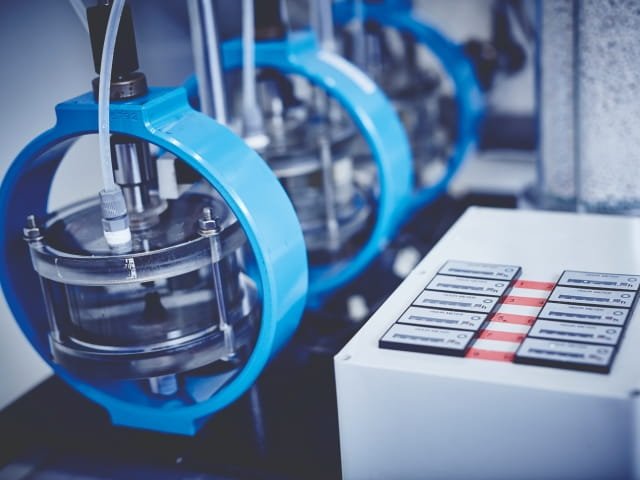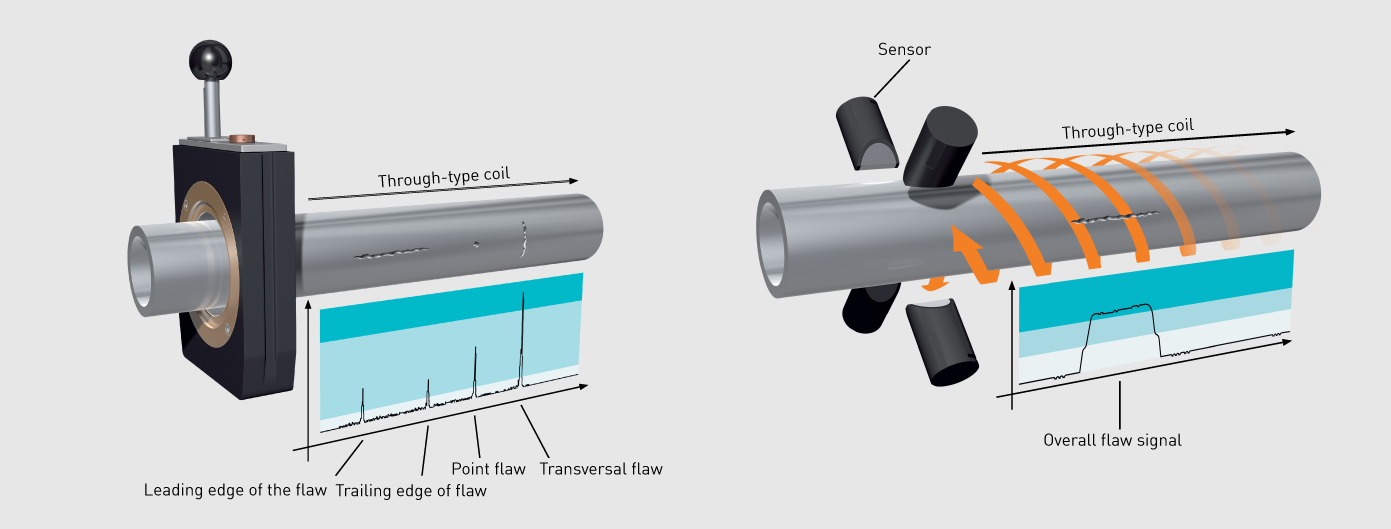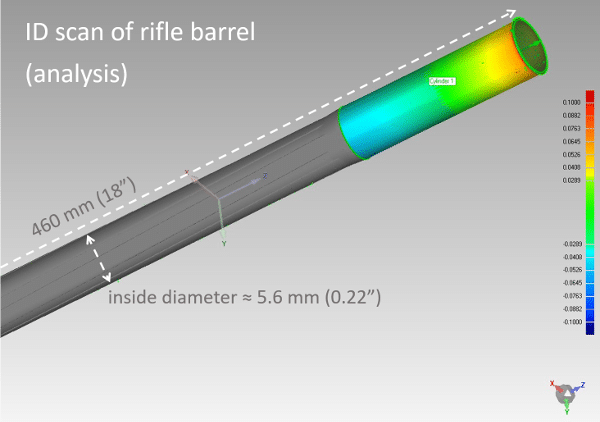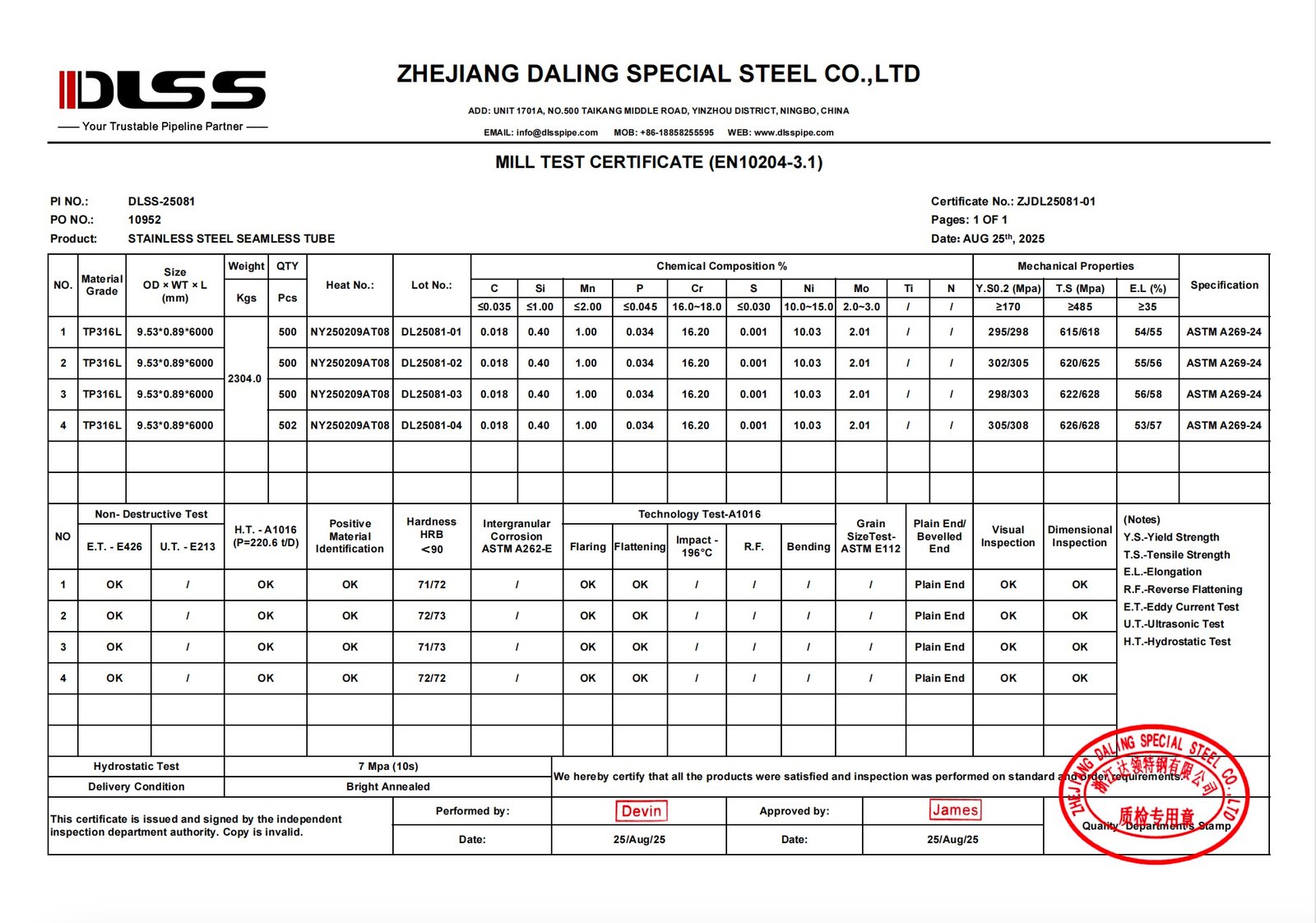When importing stainless steel pipes and tubes, one of the most important documents is the Mill Test Certificate (MTC). This document provides traceability and guarantees that the materials meet international standards. However, many buyers are not fully familiar with how to read and interpret an MTC correctly. In this article, we provide a detailed guide to help you understand its key elements.
What Is a Mill Test Certificate (MTC)?
A Mill Test Certificate is a quality assurance document issued by the manufacturer. It certifies the chemical composition and mechanical properties of the material and confirms that the product has been tested in accordance with the required standards.
In international stainless steel trade, the MTC is essential for ensuring product compliance, quality control, and smooth customs clearance.
Key Standards for MTC
MTCs are usually issued in accordance with international standards, such as:
- ASTM / ASME (e.g., ASTM A213, A312, A789, ASME SA213)
- EN / DIN (e.g., EN 10216-5, DIN 17458)
- JIS (e.g., JIS G3463)
Understanding which standard applies to your material is the first step in evaluating the reliability of the certificate.
Main Sections of an MTC
An authentic MTC typically includes the following sections:
- Heat Number & Batch Information
- Unique identification number that allows traceability back to the raw material batch.
- Chemical Composition
- Detailed percentage values of elements such as C, Si, Mn, P, S, Cr, Ni, Mo, N, etc.
- Example: TP316L → 16–18% Cr, 10–14% Ni, 2–3% Mo.
- Mechanical Properties
- Yield strength, tensile strength, elongation, hardness.
- These values must conform to international standards (e.g., ASTM A213 for heat exchanger tubes).
- Testing Results
- Non-Destructive Testing (NDT): UT, ET, RT, PMI.
- Hydrostatic or pressure tests.
- Heat treatment records (Bright Annealing, Normalizing, Quenching & Tempering).
Common Misinterpretations and Risks
- Incomplete MTCs: Missing chemical or mechanical values may indicate substandard products.
- Fake or altered MTCs: Some fraudulent suppliers copy templates without conducting real tests.
- Mismatch between goods and MTC: Always check that the heat number on the MTC matches the marking on the pipe/tube.
See also: Quality Control at DLSS
How DLSS Ensures Authenticity
At DLSS (Zhejiang Daling Special Steel Co., Ltd.), we provide fully traceable MTCs with every order. To ensure authenticity:
- All MTCs are generated directly from our production records.
- We support third-party inspections by SGS, BV, TÜV, or client-appointed agencies.
- Heat numbers are stamped directly on the pipes and can be traced back to production batches.
- Digital copies of MTCs are archived for verification at any time.
Conclusion
A Mill Test Certificate is not just a piece of paper—it is the foundation of trust in international stainless steel trade. Buyers should carefully review MTCs to ensure compliance with standards and avoid costly risks.
At DLSS, we guarantee authentic documentation, full transparency, and strict compliance with ASTM/ASME/EN/JIS standards for every shipment.
Learn more about our Stainless Steel Seamless Tubes or Heat Exchanger Tubes.
Contact us today to request a sample MTC and discover how DLSS can be your trusted stainless steel supplier.



